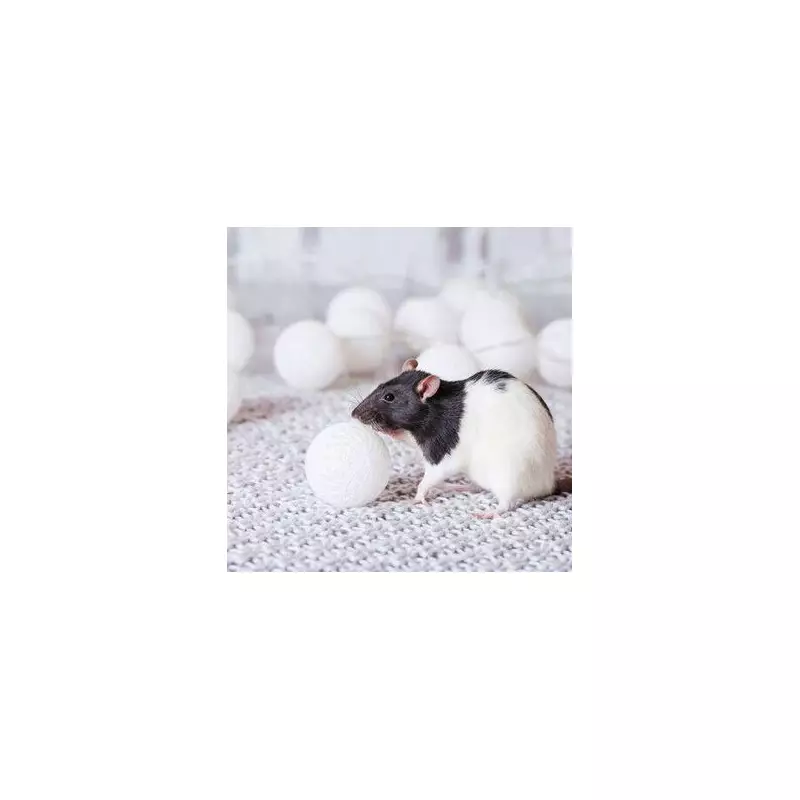
As a bitter winter chill tightens its grip on the UK, households are facing an unwelcome seasonal surge in visitors. Rats and mice, driven by the plummeting outdoor temperatures, are actively seeking warmth, food, and shelter inside British homes.
Natural and Affordable Deterrents
According to pest control specialists, a powerful yet natural defence against these rodents is available for just £4. Tony King, owner of The Pied Piper pest control firm, strongly recommends using peppermint oil. "Rats possess a good sense of smell and hate the scent of peppermint," he explains.
The method is simple: soak cotton balls in peppermint essential oil, which can be purchased for £4-£6 at most supermarkets, and place them near potential entry points like bins, drains, or sheds. Another effective approach is to create a spray by mixing the oil with water and vinegar and applying it around the base of bins or compost heaps.
Tony also highlights white vinegar as another potent, low-cost solution. "Rats hate the acidity and strong smell," he says, suggesting that spraying it around bin areas and fence lines makes the location unappealing. For enhanced effect, it can be combined with cayenne pepper or crushed garlic.
A more unconventional but free method involves using dirty cat litter. Sprinkling dry, used cat litter around entry points signals to rodents that a predator is nearby, a tactic that can be surprisingly effective for cat owners.
Essential Bin Hygiene Practices
Keeping your waste bins clean is a critical line of defence. Tony King advises a weekly wash of bins using a disinfectant like Zoflora or a bleach-water solution, with products available for under £3 per bottle.
He also recommends a clever, cheap trick: sprinkling a layer of baking soda at the bottom of the bin to absorb odours and moisture, which are major attractants for pests. For indoor food caddies, a daily or every-other-day clean with hot water and mild disinfectant is crucial to prevent the fermentation and odours that draw in rodents and flies.
Mark Hall, a waste management expert from Business Waste, emphasises that correct food waste disposal not only keeps bins clean but is also beneficial for the environment.
Proper Waste Storage and Professional Help
A crucial mistake many people make is leaving rubbish bags outside the bin. Tony warns, "Never leave tied-up bin bags next to or on top of your bin. Even a securely tied bag can leak smells, and rats will gnaw through them." All bags should be placed inside a covered bin. In areas prone to foxes or other wildlife, a wheelie bin lock strap, available online for under £10, can prevent access and spills.
It is important to note that these natural deterrents are short-term measures and need reapplication, especially after rain. Mark Hall warns that if waste is not managed properly, it can quickly become a hotbed for pests. Implementing preventative measures is far easier and cheaper than dealing with an established infestation.
Tony King provides a final, stark warning: "Rats breed very rapidly, up to six litters a year." If an infestation is persistent, he strongly advises bringing in a professional pest controller before the situation escalates out of control, as once rodents are established, simple deterrents will no longer be sufficient.




